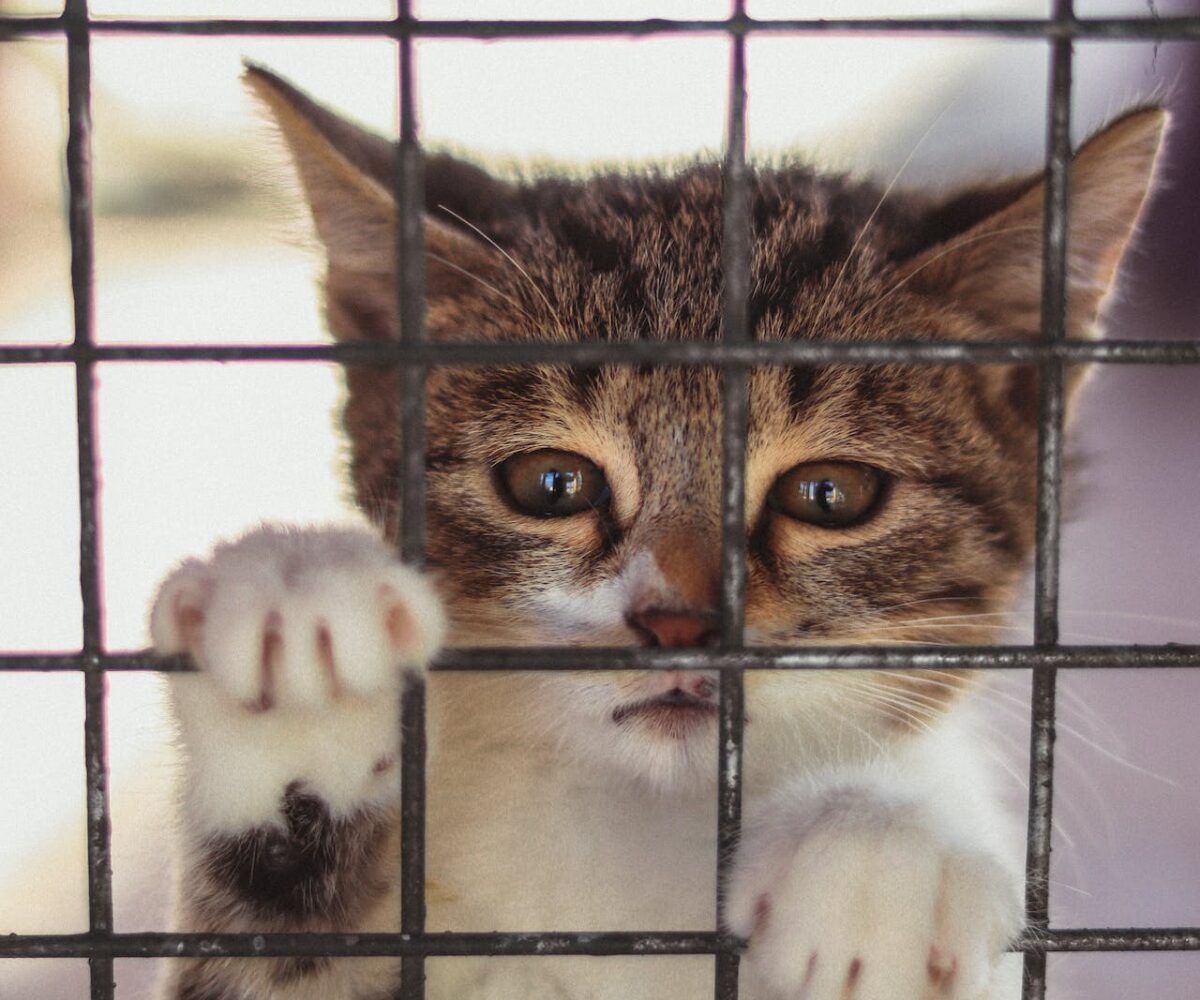Asthma is a respiratory condition that impacts both humans and cats. It can be difficult to detect in felines since they often hide signs of illness, making it essential to recognise the symptoms for early detection and effective management.
Identifying Asthma in Cats
- Coughing: One of the most common signs of feline asthma is a persistent cough. Cats might exhibit a dry, hacking cough, especially after physical activity or excitement.
- Wheezing or Labored Breathing: If you notice your cat having difficulty breathing or making wheezing sounds, it could indicate an asthma attack. Labored breathing, rapid breaths, or open-mouthed breathing are concerning signs.
- Lethargy and Weakness: Asthma can make breathing difficult, leaving your cat feeling tired and less active than usual. They may seem lethargic or unwilling to engage in their regular activities.
- Loss of Appetite: Respiratory distress might affect your cat’s desire to eat. A decrease in appetite or refusal to eat can be a subtle sign of underlying health issues, including asthma.
- Cyanosis: In severe cases, where the cat is not getting enough oxygen, you might notice bluish discoloration of the lips, tongue, or gums.
Seeking Veterinary Care
If you observe any of these symptoms, it’s crucial to consult a veterinarian promptly. Diagnosing asthma in cats involves a thorough examination, including listening to the lungs and potentially conducting X-rays or other tests to assess respiratory function.
Managing Feline Asthma
Once diagnosed, managing feline asthma typically involves a combination of medications and environmental changes:
- Medication: Your vet might prescribe bronchodilators or corticosteroids to alleviate inflammation and help your cat breathe more comfortably.
- Environmental Modifications: Minimize environmental triggers by reducing dust, smoke, strong odors, and using air purifiers. Keep your cat’s living area clean and free from potential irritants.
- Stress Reduction: Stress can exacerbate asthma symptoms. Ensure a calm and stress-free environment for your feline friend.
Conclusion
Asthma in cats is a manageable condition with early detection and proper care. Being vigilant about your cat’s behavior and promptly addressing any unusual signs can significantly improve their quality of life. Regular veterinary check-ups and adherence to prescribed treatments are crucial for keeping asthma symptoms under control and ensuring your beloved pet stays healthy and happy.
Does your cat have asthma?
Let us know by clicking on the comment tab below this article or by emailing info@thesouthafrican.com or sending a WhatsApp to 060 011 021 1. You can also follow @TheSAnews on X and The South African on Facebook for the latest news.
Artificial Intelligence assisted in compiling this article.
